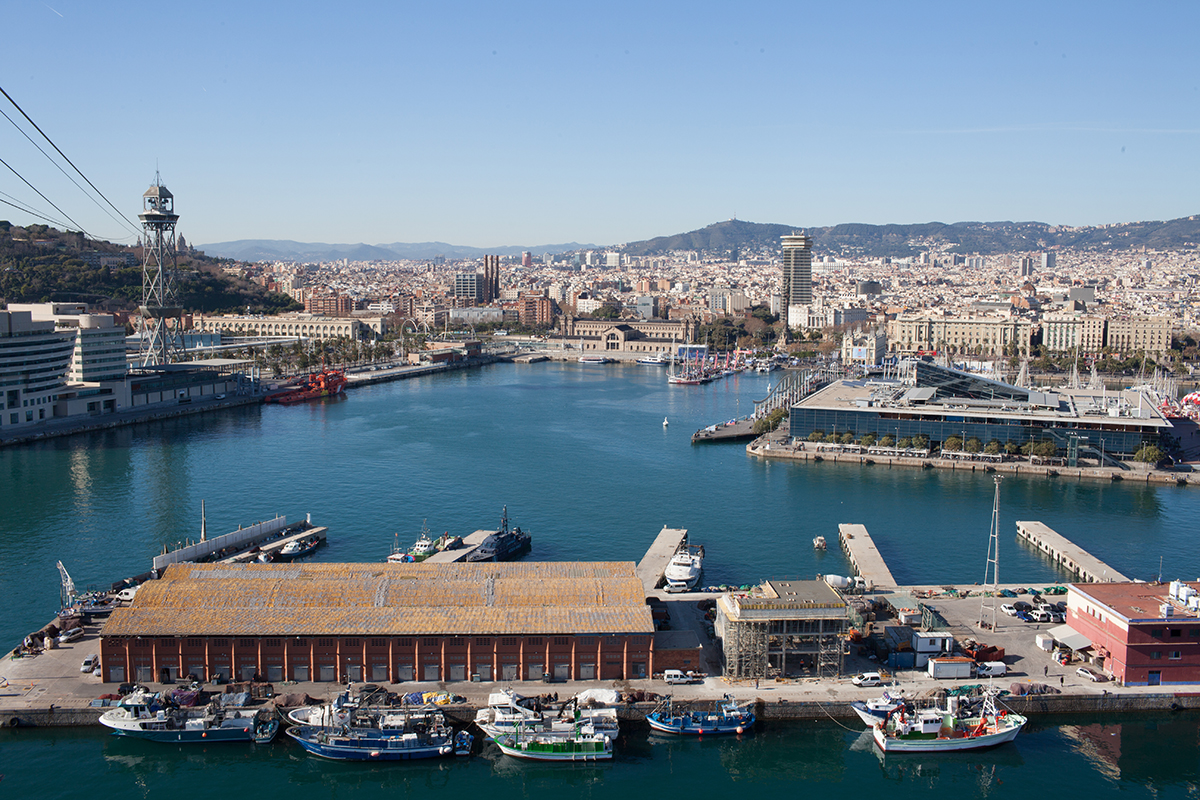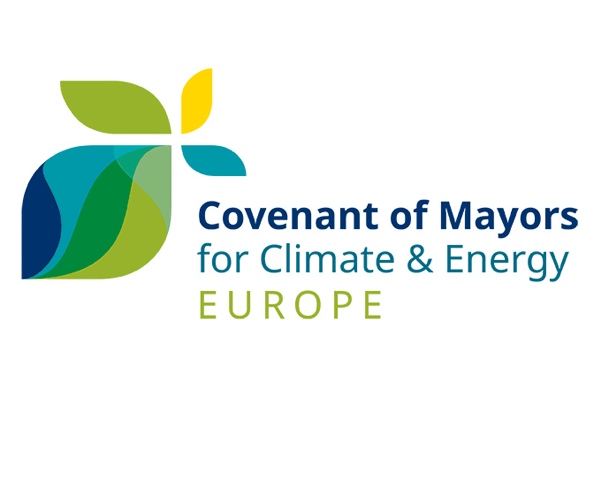The Energy Advice Points have three lines of action:
- Energy rights and energy efficiency
- Employment
- Prevention at community level
ENERGY RIGHTS AND ENERGY EFFICIENCY
Ensure access to basic supplies through defending energy rights:
The municipality set up 11 Energy Advice Points around the city where citizens can ask information about energy (and water) supply. Each energy information agent spends around 20 minutes asking energy related questions in order to detect whether the citizen is in energy poverty and provides, when possible, tools and information to support them. Agents are trained to identify people that are in energy poverty but that social services or charities would otherwise not be able to detect.
Detect potential energy poverty situations and prevent them from happening:
When a potential case of energy poverty is detected, it is referred to one of the five back office points where an energy assessment agent spends one hour assisting the person with specific administrative procedures. These agents can support people to reduce energy consumption, reduce their energy bills or access financial support for energy bills, such as the Spanish social tariff.
Increase energy efficiency of houses:
In certain urgent cases, such as unexpectedly high energy bills, the person can be referred to in-home energy agents. These agents will conduct in-house visits to identify energy poverty conditions such as mould, provide information about energy efficiency, and install low cost energy efficiency equipment such as material to insulate windows and doors.
EMPLOYMENT AND EMPLOYABILITY
Provide specialised training to unemployed citizens who have difficulties accessing the labour market. The municipality provides training and employment opportunities to 20 citizens every eight months. Specifically, the project trains long-term unemployed citizens who are over 45 years of age to work in the first line of action as energy information agents, energy assessment agents and in-home energy agents.
PREVENTION AT COMMUNITY LEVEL
Energy Advice Points identify organisations and NGOs which they can share information with. Through talks and workshops, citizens gain a better understanding of how to reduce energy and water consumption while maintaining or improving living comfort and the state of their housing through the installation of low-cost energy efficiency measures. These talks also make more people aware of the Energy Advice Points’ service and help detect additional cases that might need support.




